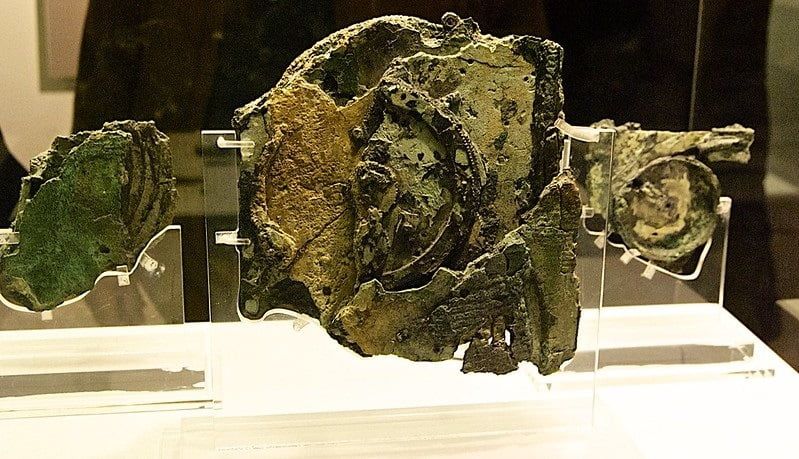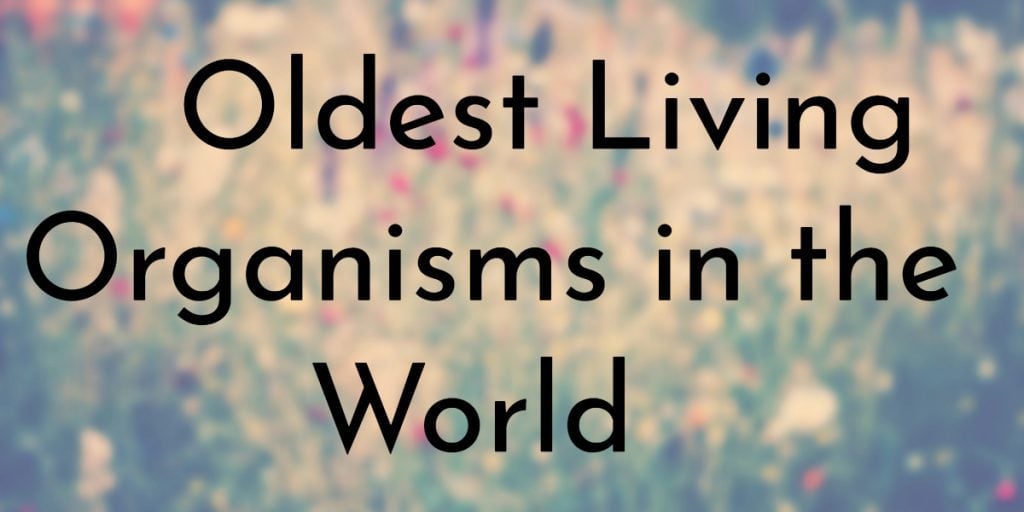Easter represents the rebirth of life. Because it was on this day that Jesus rose from the dead and was resurrected. It is for this reason that we celebrate Easter. The message of Easter is much more than just the fact that Jesus is alive; it is much more than just eggs and sweets. Easter’s message is that Jesus has risen from the dead. This article will discuss the Spiritual meaning of Easter, Why do we call it Easter what are the 7 days of Easter, and why Easter celebrated with a bunny and eggs?
The Spiritual Meaning Of Easter
The spiritual meaning of Easter is a fresh light after sacrifice or suffering, regardless of whatever traditions you follow. We aren’t quite out of the woods yet, but there is a light at the end of the tunnel.
So perhaps today is a good time to get outdoors and bask in the early spring sunshine (or rain, or snow, or whatever is available at the moment), light a candle, write in your notebook, or take a bath with floral-scented soaps, and share food and tales with friends and family (in person or online!).
Because the Easter egg represents our power to break out from the tough, protective shell we’ve built up around ourselves. Easter teaches us to understand life not just in terms of objects, but also in terms of values. In the next section, we will describe what are the 7 days of Easter.
Why Do We Celebrate Easter?
The victory of Jesus Christ over death is the central theme of Easter. His resurrection represents the gift of eternal life to those who trust in Him. Easter also represents the final confirmation of what Jesus proclaimed and taught during His three-year mission. He would have been regarded as just another teacher or Rabbi if He had not risen from the grave, if He had simply died and not been raised. His resurrection, on the other hand, altered everything, providing definitive and undeniable proof that He was indeed the Son of God and that He had defeated death once and for all.
What Are The 7 Days Of Easter?
Each day of Holy Week has its own importance and is associated with a distinct event. Palm Sunday is the first day of the week, followed by Holy Monday, and Holy Saturday, which comes a day before Easter Sunday, is the seventh day.
1. Palm Sunday
Palm Sunday, when Christians remember Jesus’ arrival in Jerusalem, kicks off the week. According to tradition, Jesus was greeted by people waving palm branches and laying the leaves along his way.
2. Holy Monday
The first time Jesus cleansed the temple was on Holy Monday. Cleaning is said to be done for the purpose of instructing and admonishing. On this particular day, Jesus had also noticed a fig tree with leaves but no fruit. The tree was cursed by Jesus for not giving fruit, and it weathered the next day.
3. Holy Tuesday
On this day, Jesus declared his deity and denounced the religious establishment. The Pharisees and Herodians joined together to plot against Jesus and try to condemn him.
Wednesday is Holy Wednesday.
4. Holy Wednesday
Judas met Jewish authorities and was paid 30 pieces of silver to betray Jesus on this day, which is also known as Spy Wednesday. It was also on Holy Wednesday that Jesus sat down with his followers at the dinner table at Simon the Leper’s house in Bethany.
5. Holy Thursday
The day of Jesus’ final supper is commemorated on Holy Thursday. As an imitation of Jesus’ unselfish compassion for people of all traditions, the pope washes the feet of 12 impoverished or humble people in Roman Catholicism.
6. Good Friday
The darkest day of the Holy Week is Holy Friday. It commemorates Jesus’ death and agony on the cross. On this day, people fast and attend church services in remembrance of Jesus, as well as perform processions to reenact the crucifixion.
7. Easter Vigil/Holy Saturday
The day Jesus was buried in a tomb is commemorated this day. He was revived the next day.
Why Do We Call It Easter?
The term “Easter” appears to be derived from the name of a pre-Christian deity in England, Eostre, who was honored at the start of spring. The Venerable Bede, a British monk who existed in the late seventh and early eighth centuries, is the only source of information on this deity.
Why Easter Celebrated With A Bunny And Eggs?
Rabbits have long been connected with fertility and spring in Germany, dating back to pre-Christian times. In reality, Eostra, the ancient Germanic goddess of spring and fertility, was represented by a rabbit. When you think that rabbits are prolific breeders, this isn’t unexpected. Rabbits may reproduce at a young age and can have many litters per year. In 17th century Germany, this pagan sign of spring and fertility is said to have mingled with Christian customs. To put it another way, the Christian festival of Easter, which commemorates Jesus’ resurrection, was placed atop pagan celebrations of rebirth and fertility. That is why Easter celebrated with a bunny and eggs.
Conclusion
Easter marks the triumph of life over death and the prospect of salvation by celebrating Jesus’ Resurrection. According to Christian belief, Jesus’ death atoned for humanity’s sins, and his resurrection symbolizes the hope that Christians might have for their own resurrection.
For more related information, visit Discover – Trending Reader












